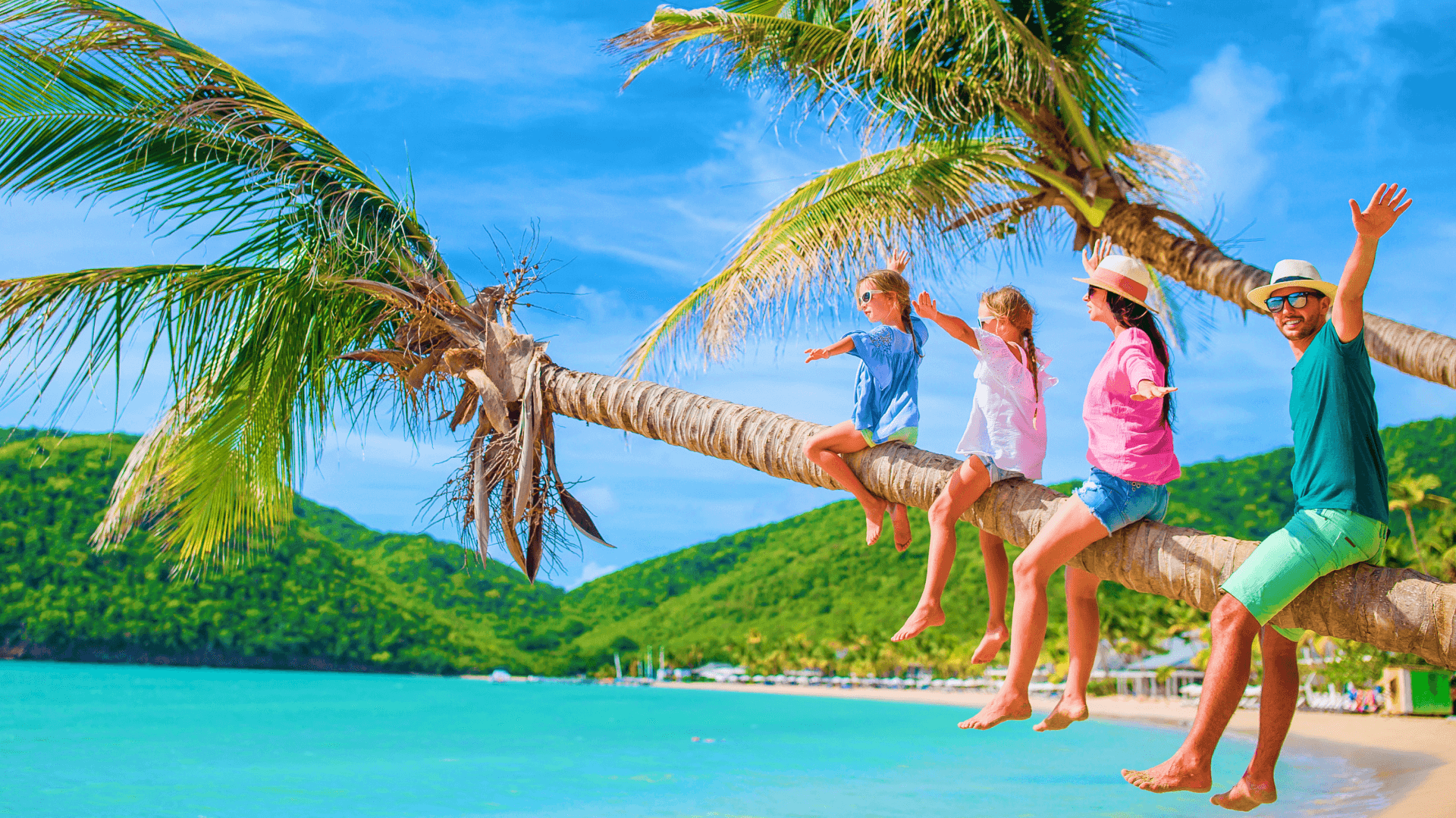Do people have lots of holidays where you live? Where do they go and what do they do
Read
more to find out about holidays in the UK!
In
the past, working people in Britain only had holidays on ‘holy’ (religious)
days: Sundays, Christmas and Easter. Now most people have about four weeks’
holiday every year plus public holidays (also called ‘Bank holidays’).
When?
British
people usually have their holidays in summer, in July or August. Many working
people take a two-week holiday during the summer. School children are on
holiday from approximately the end of July to the start of September. A second
holiday break in winter or in spring is also becoming more popular in the UK.
In winter some people go skiing in Europe, and in spring, visits to cities such
as Paris, Amsterdam or Barcelona are popular.
Where?
The
most popular holiday locations for Brits include Spain, France, Greece and the
USA. Lots of people buy a package holiday which includes flights and a hotel or
an apartment. Cheap flights to warm places mean that many British people are
able to spend two weeks a year relaxing in the sun abroad. Flights and package
holidays are much cheaper during school term time and the British government is
worried that some young people are missing school to go on holiday. Parents who
take their child on holiday during term time can now pay a fine of up to 100
pounds.
UK
holidays
British people also like to go on holiday in the UK: in England, Northern Ireland, Scotland or Wales. Warm weather and sun are not guaranteed in the UK of course! What can young British people do on a UK holiday? Here are a few examples – Alton Towers, in Staffordshire, is one of the top UK theme parks. It is famous for its terrifying rides and is very popular with teenagers. You can sign up to try their new rollercoaster ride on their website. The Eden Project is an environmental project in Cornwall, in the south-west of England. It has huge domes that contain thousands of plants from all around the world. As well as plants you can also see top bands play at the Eden Project. This year the Eden Sessions at the centre included Tim Minchin, Example, Frank Turner, Chase & Status, Plan B, Blink-182, Noah And The Whale and The Vaccines.
Camping
Taking
your tent or caravan to stay on a campsite is popular, especially in the south
of England. Newquay, in Cornwall, on the south coast of England, is a favourite
camping area for families and for teenagers. Newquay has great beaches, with
good waves for surfers as well as lots of nightlife. Wild camping means you
take your tent, sleeping bag, food, water (and toilet paper!) and you find a
quiet place to spend the night in the countryside or hills away from roads and
houses. Wild camping is legal only in some parts of Britain.
Holiday
resorts
A
holiday resort provides accommodation, food and entertainment for all the
family. Butlin’s holiday resorts first started in the 1930s and they are still
popular today. Prices are low. A seven-day July summer holiday at the Skegness
Butlin’s, on the east coast in England, costs about 130 pounds per person.
There’s a massive indoor swimming centre with a wave pool and waterslides at
the resort. Butlin’s ‘silent disco’ where you listen to music on wireless
headphones and dance to your favourite tune (everyone dances to different
music!) is a big hit with teens. Other activities aimed specifically at
teenagers include Wii and Xbox challenges as well as beach volleyball.
Independent
holidays
Some
teenagers want to spend their holidays doing something without their family. A
language exchange is one way to be more independent and improve language
skills. A British teenager spends a week or two in a foreign country, staying
with a family who has a son or daughter of the same age and practises the local
language. Later the foreign teenager visits the UK to practise their English with
the British family. Summer camps can be fun too. Do it 4 Real organises camps
for 10–19-year-olds in the UK where young people can do quad biking,
paintballing, film making and street dancing. There’s also a ‘Future leader’
camp for 17–19-year-olds where activities include leadership skills as well as
raft building, archery, climbing and survival skills.
Are you going on
holiday this year?

Comments
Post a Comment